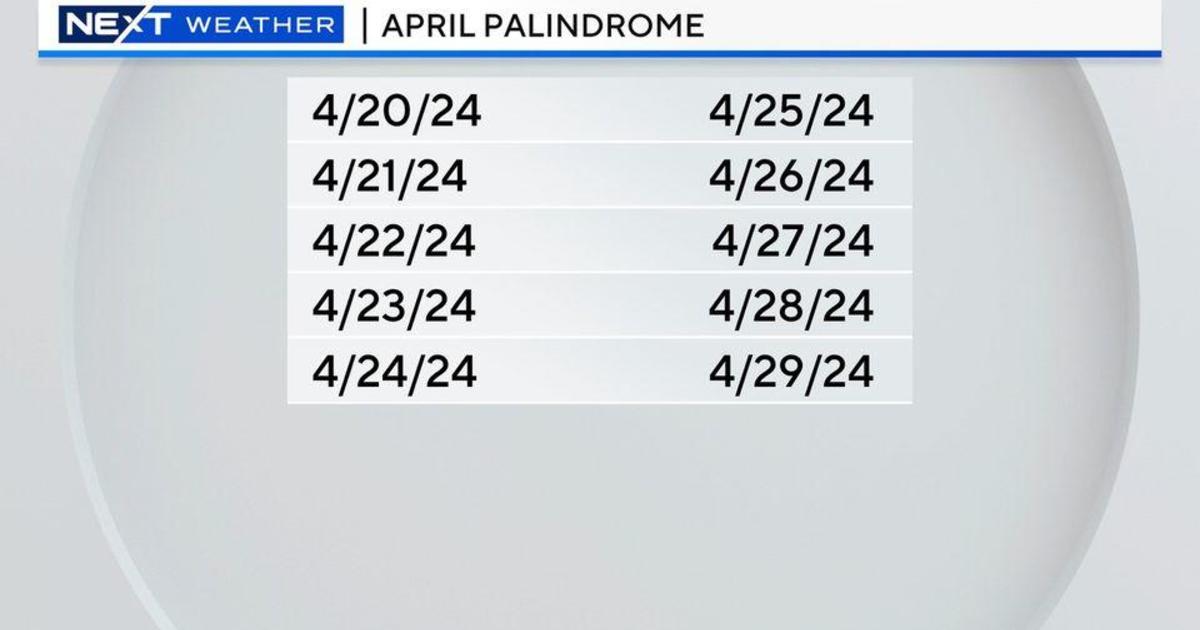Petition circulating to recall Troy school board members following honors math restructuring
TROY, Mich. (CBS DETROIT) - Troy school board members are facing recall efforts from community members following the school board vote back in May to restructure honors math courses.
An outpouring of disagreement came from parents at that meeting and during other meetings leading up to that vote. One parent of the school district tells CBS News Detroit that a district alum started a petition, and groups of volunteers are now looking to gather 8,000 signatures in hopes of recalling the board members who voted yes in May's vote.
"Show us the data. We just, unfortunately, never see strong data, never see real research. They cited one study from somewhere but we provided them with numerous other studies to show the benefits of keeping honors classes," says Yawen Li, one of the parent volunteers. She has two sons in the district and is an educator herself.
CBS News Detroit reached out to Troy school board president Karl Schmidt who sent a lengthy and detailed response:
"The four board trustees who are facing potential recall are disappointed in a small group of community members who have decided that the best way to deal with a board decision they disagree with is to demand that trustees be removed from office. In this case, the Troy Board of Education voted to approve a university-developed, highly acclaimed middle school math curriculum that has been used in other districts across the US for the past three years. This new curriculum shifts our focus in classrooms from pure computation to deeper learning and the connection of mathematical concepts and theory to real-world applications. Our new classroom environments also provide opportunities for collaborative problem-solving. We have been investigating this shift in math curriculum for over 3 years, including pilot classes in all of our middle school buildings, with half of our middle school teaching staff already piloting lesson plans using the new materials. I have personally observed this new approach in action, and it is thrilling to see how engaged and excited our middle schoolers are as they dig into complex, real-world dilemmas instead of sitting in rows of desks being tasked with rote equation solving.
"Our new math classes are now workshop environments, where kids can move at different paces and expand to more complex challenges when they are ready. In this environment, our teachers can provide differentiated learning for kids across a wide range of abilities. It raises the rigor of math in grades 6 and 7 for ALL of our students, not just those who would have historically taken an honors track. This is not a "dumbing down" of our curriculum as our critics suggest, but rather a "leveling up" so that more kids are prepared for higher level mathematics in later grades. It is a very good change for our kids. We are now in a world where AI programs like ChatGPT can solve complex equations in seconds—which means it is critical that we focus our kids' energy more on building strong theoretical knowledge and a solid connection to applied situations so they know the right mathematical approaches required to solve a problem. It is quickly becoming less valuable to focus on manually solving worksheets full of equations quickly.
"Historically, our students were placed in either an accelerated honors track in math in grades 6 and 7 based on standardized tests and teacher recommendation. Kids in the honors track then gained access to Honors Algebra I in 8th grade. Students who were placed in the standard math track did not gain access to Algebra I until 9th grade. Under the new program, ALL students will gain access to Honors Algebra I in 8th grade if they and their parents choose that path. The district will no longer forecast a student's math ability in 8th grade two years earlier at the end of 5th grade. This change means more kids will opt for Honors Algebra I in 8th grade, opening up our highest AP math tracks in high school to more students. I think it is also important to point out that this is not a 'one size fits all' approach, either. Our highly advanced math students can still test out of grade 6 math at the end of grade 5 and take math 7 as a 6th grader, then Honors Algebra I as a 7th grader, and Geometry in 8th grade. I can't say this clearly enough: no students will have fewer advanced math opportunities in Troy as a result of this change.
"Our new math curriculum met with approval from the vast majority of 5th grade parents when we introduced it to them during middle school curriculum programs in the spring. When a small group of parents started raising objections at our board meetings, we met with them to discuss their concerns. We have provided evidence and detail around our rationale for change and implementation plan. They simply choose to not accept our explanation. That does not make the evidence or the plan less compelling. In an effort to make sure we weren't missing something, I personally reached out to the mathematics chairs at six universities. In one of my most memorable exchanges, I spent an hour with Professor Brian Conrad, a Stanford University professor whose area of research is K-12 math instruction. He confirmed the value of our chosen curriculum and endorsed our decision to focus on depth over acceleration in middle school. He conveyed that the number one frustration among his colleagues teaching freshman STEM courses in chemistry, biology, and physics is that the students don't know how to apply mathematics to real scenarios. Those STEM professors want us to do a better job of teaching younger students how to make those connections. His opinion was consistent with a recent study by the ACT, which determined that the best predictor of strong performance in college STEM programs was not early acceleration of students into advanced mathematics courses, but rather a deeper foundation in pre-Algebra mathematical concepts in middle school.
"The Troy School District prides itself in making research-based decisions to improve the quality and depth of learning for all of our students. The new middle school math curriculum may have upset a small group of community members, but it is the right thing to do for our kids—and that's why the board stands behind its decision to adopt it. It is also why we are confident our broader community will not support a recall in this situation.
"To that end, we did establish an informational website for voters trying to decide whether or not to sign a recall petition. We don't give advice on the site, because we are confident that Troy voters will not support this effort once they understand what the curriculum shift was really about."
A town hall will take place on the recall discussion at 6 p.m. at the Troy Community Center.




